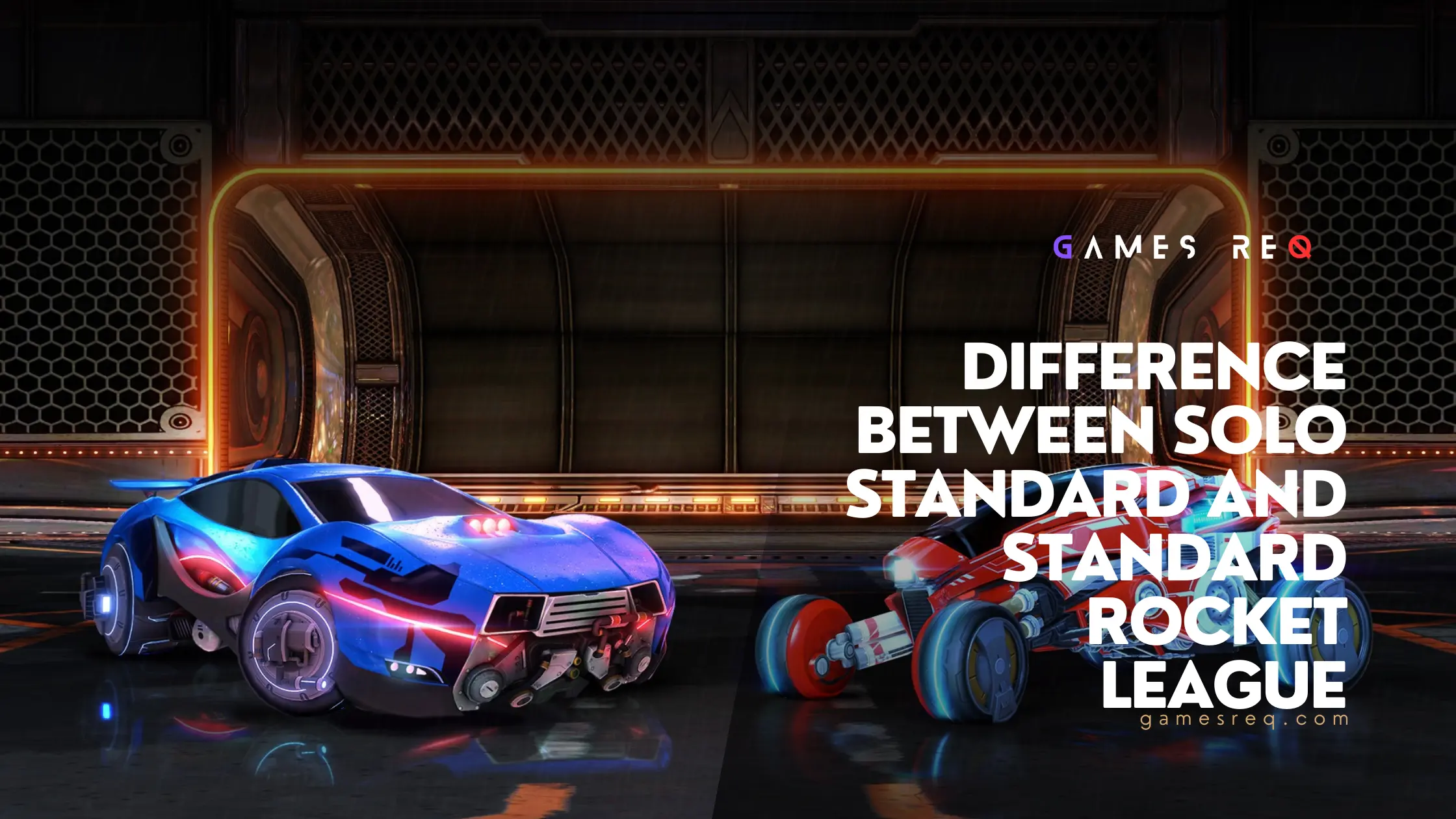Rocket League has several ranked playlist options for competitive play. Two of the most popular are Solo Standard and Standard. While they may seem similar on the surface, there are some key differences between these playlists that can greatly impact your experience. In this article, we’ll break down the main contrasts between Solo Standard and Standard to help you decide which mode may be better suited for you.
Key Differences
1. Team Formation
The most obvious difference is how teams are formed in each playlist. In Solo Standard, you can only enter matchmaking by yourself and will be teamed up with two random players. No parties are allowed.
Standard allows you to party up with friends, forming a pre-made team of two or three people. This allows coordination through voice chat and familiarity with your teammates.
2. Communication/Coordination
Due to the random matchmaking, Solo Standard teams generally have worse coordination and communication. With no way to talk to your randomly assigned teammates, you have to try and predict what they’ll do.
Pre-made parties in the Standard playlist can join voice chats to actively coordinate during matches. This enables higher-level team play.
3. Quality of Play
The quality of gameplay in Solo Standard varies more wildly because it depends on the random teammates you get matched with. Some games will have good rotations, others will be a chase-fest.
Many players take Standard more seriously as the “true” team mode and tryhard more. The level of play is generally more consistent.
4. Fairness
Solo Standard removes any coordination advantage pre-made teams may have over randomly matched players. Some prefer Solo Standard for a more even playing field.
In the Standard playlist, randomly matched teams of solo players will often be at a disadvantage against organized pre-parties who can coordinate better.
5. Developing as a Player
Because you have different teammates each game, Solo Standard will force you to adapt and improve your individual skills. It develops your versatility.
Standard allows you to build more chemistry and execute team plays through voice comms with familiar teammates over multiple games.
6. Ranking
Due to the lack of coordination in Solo Standard, most players will rank lower than they do in Standard. It’s harder to play consistently with randoms.
Some players use Solo Standard to prove their abilities without being “boosted” by playing with higher-ranked friends at a party.
FAQ
Which playlist should I focus on climbing ranks in?
If I’m low-ranked, will Solo Standard help me improve?
Is Solo Standard or Standard more competitive?
Conclusion
While Solo Standard and Standard may appear similar, they provide quite different experiences. Solo Standard emphasizes individual adaptation and versatility. Standard highlights team chemistry and coordination.
Consider what you value more as a player – consistent teammates or self-improvement – and pick the playlist that sounds most fun! Either way, remember to keep a positive mindset as you climb the Rocket League ranks.


